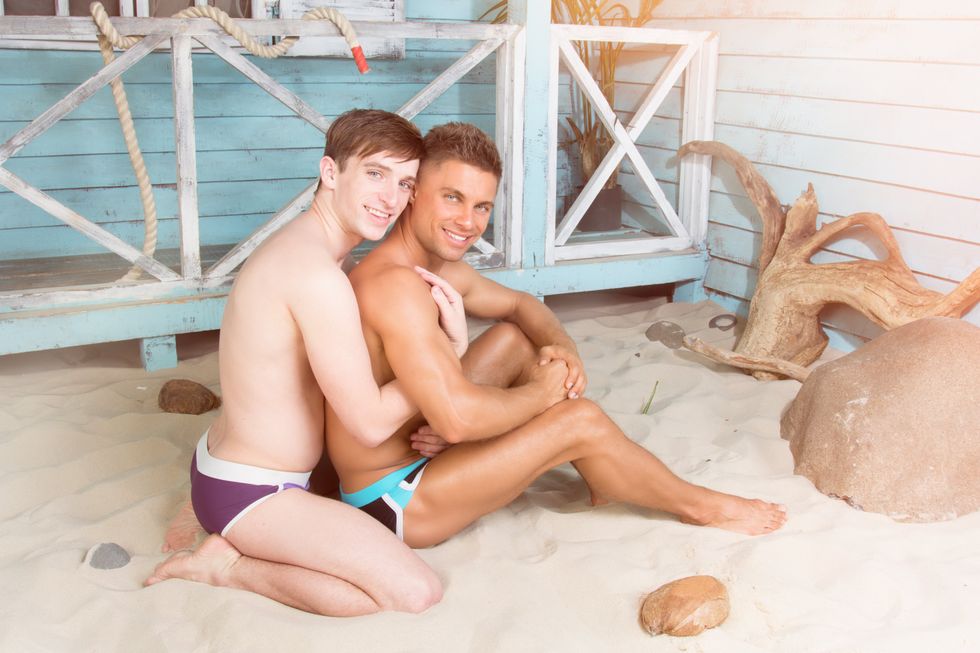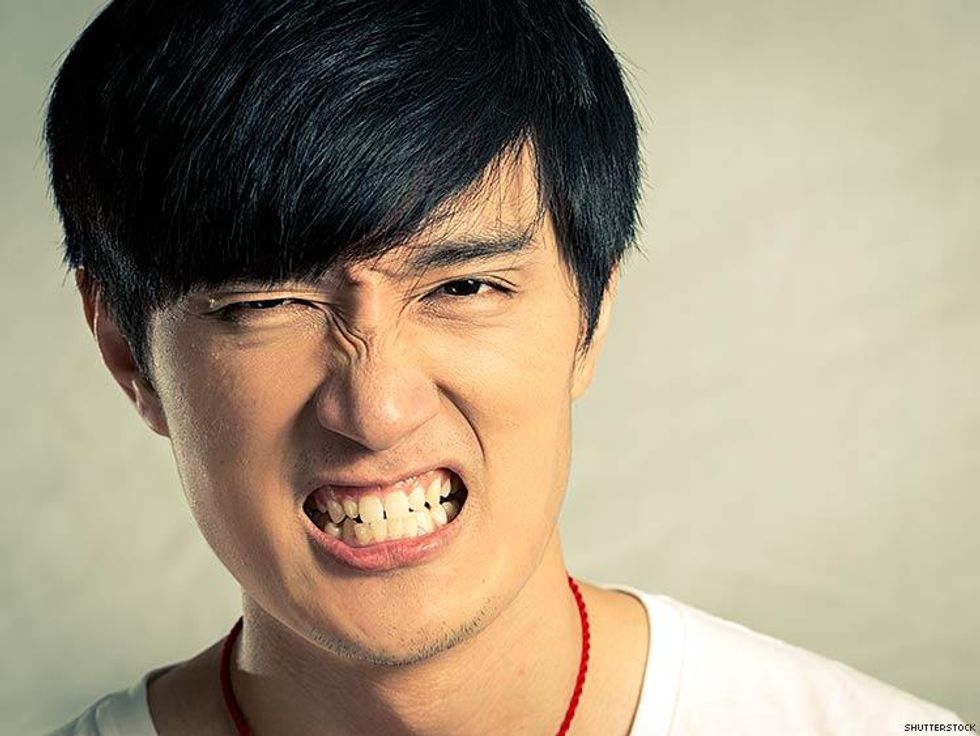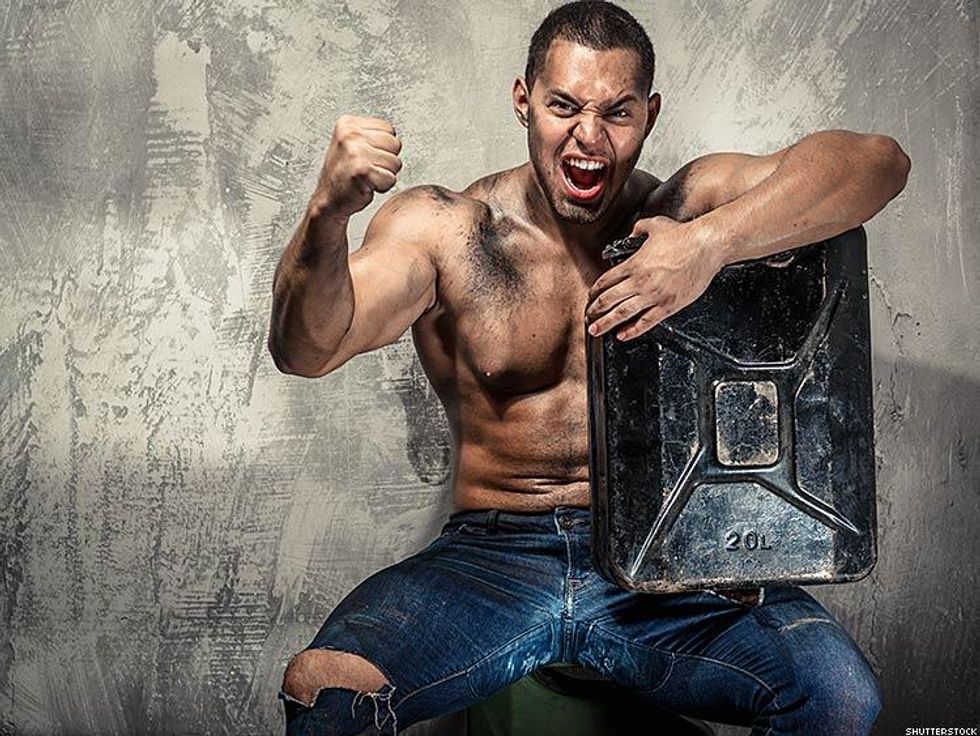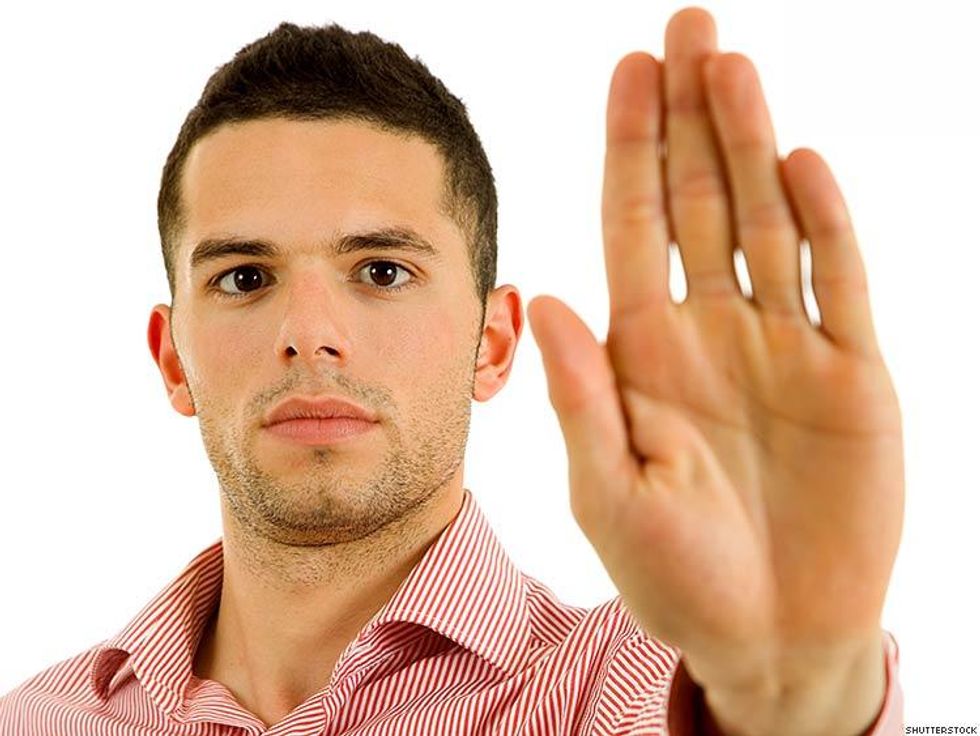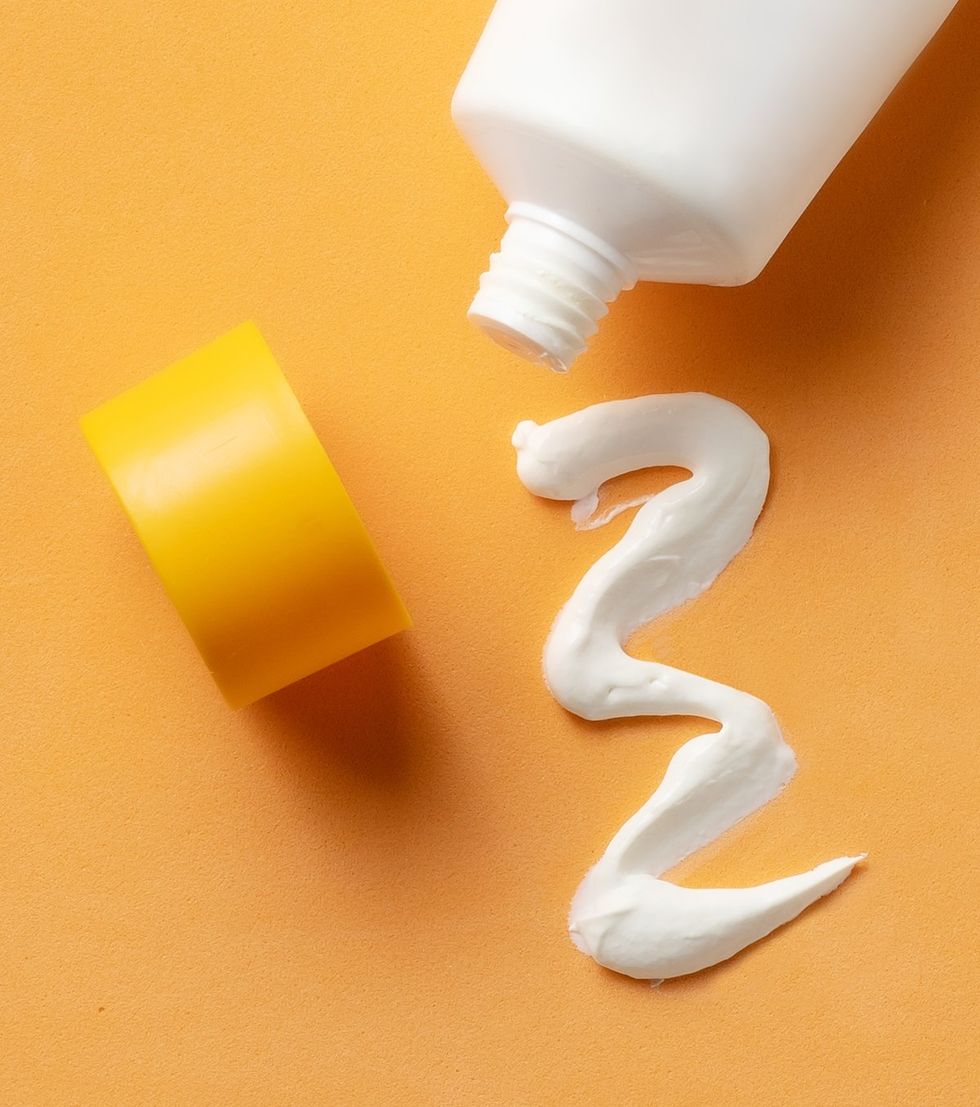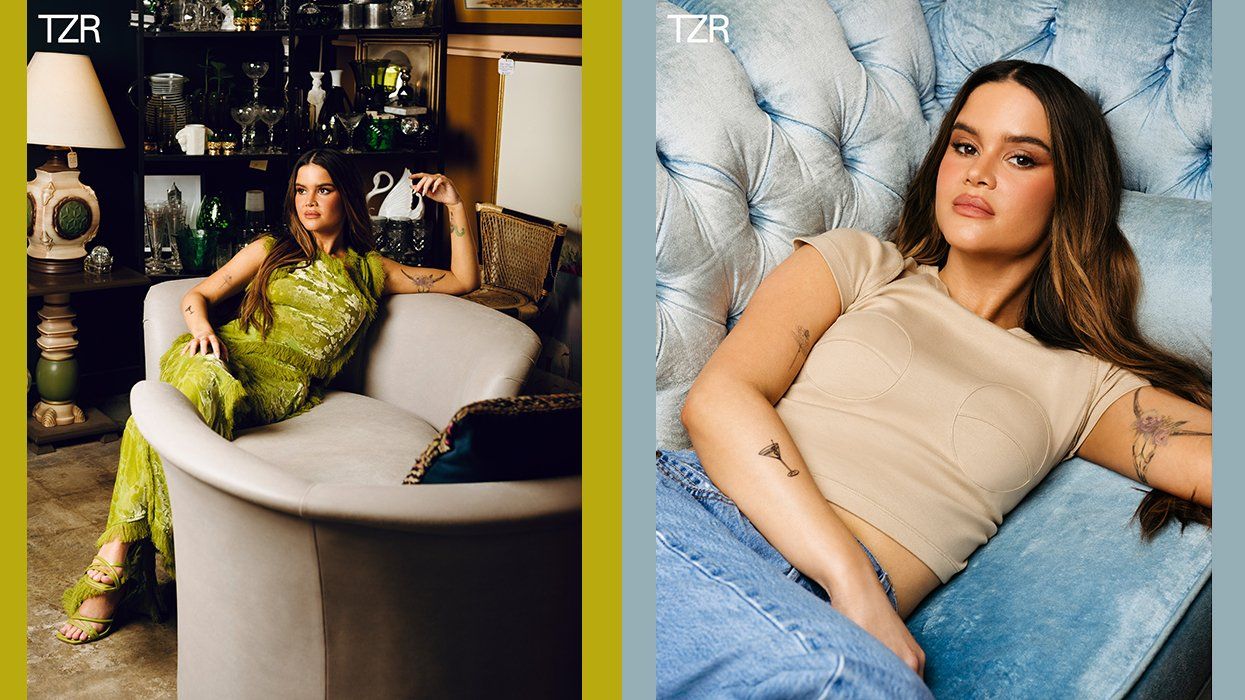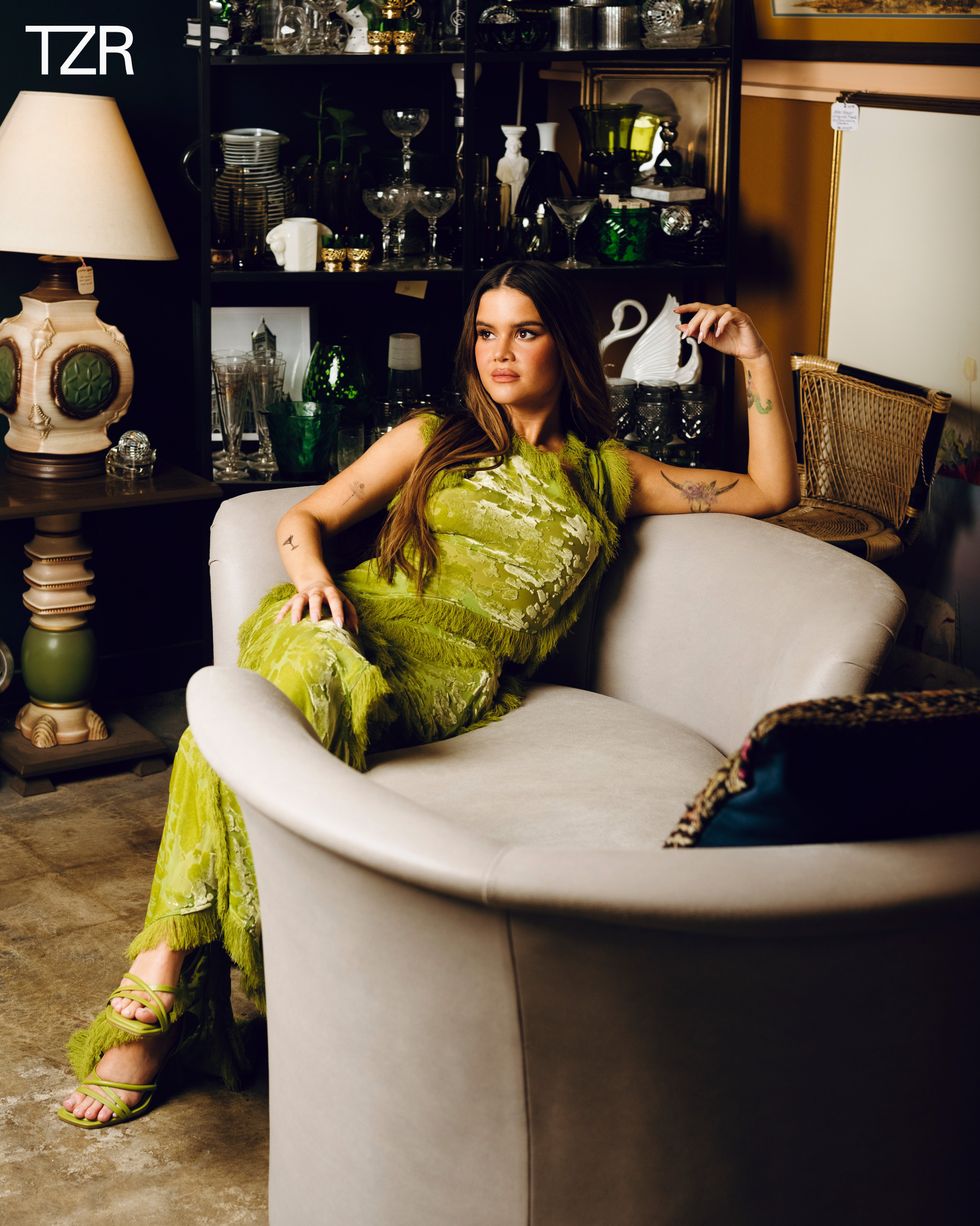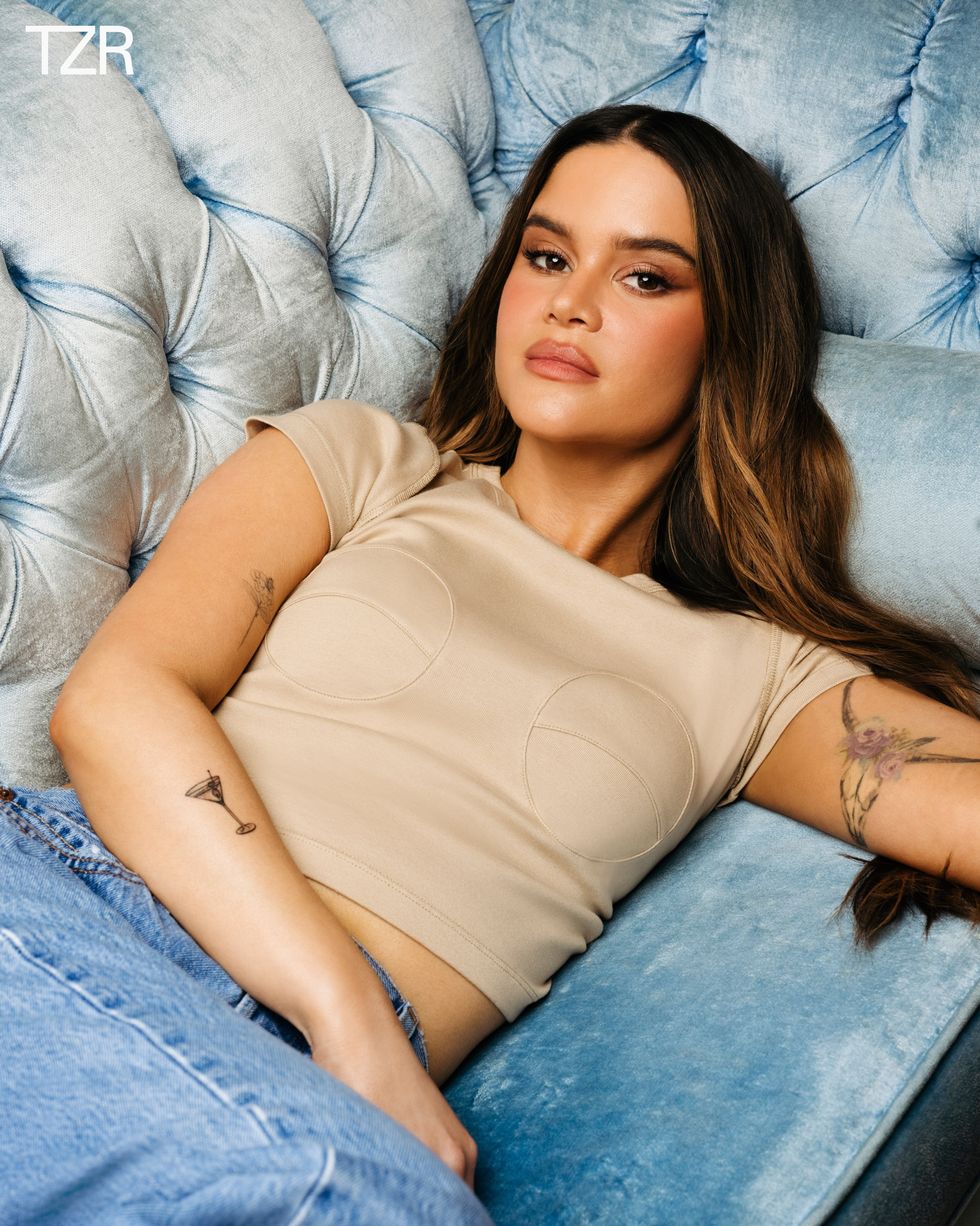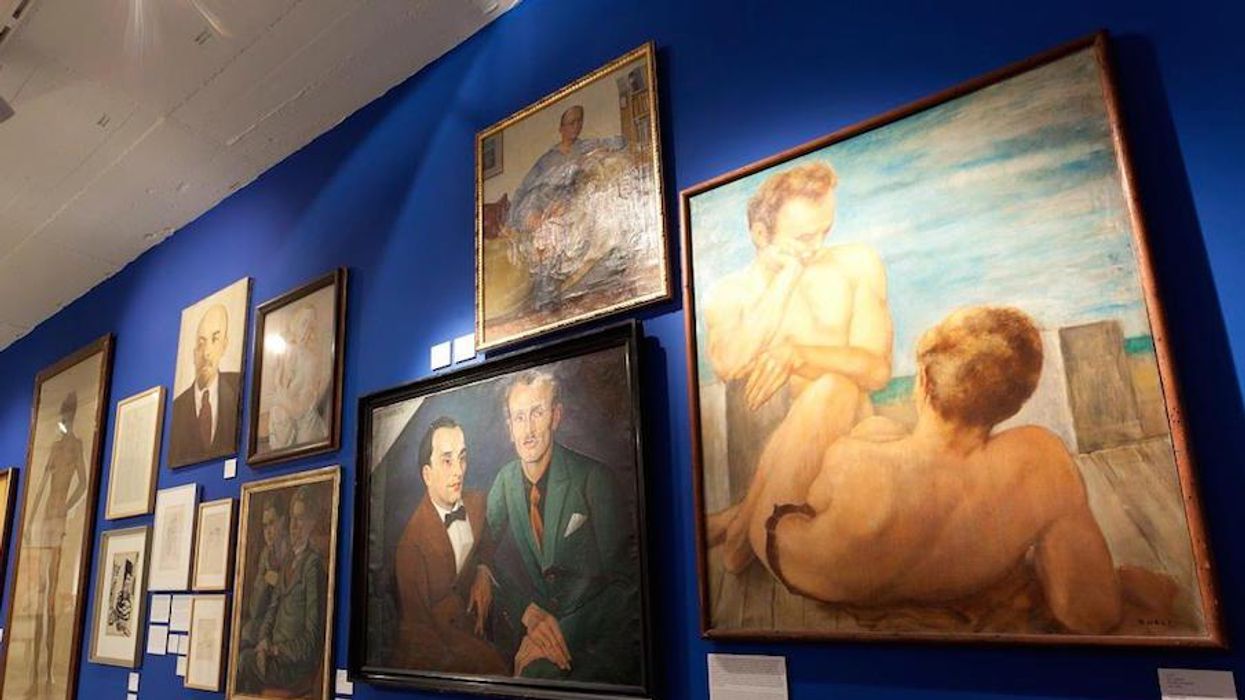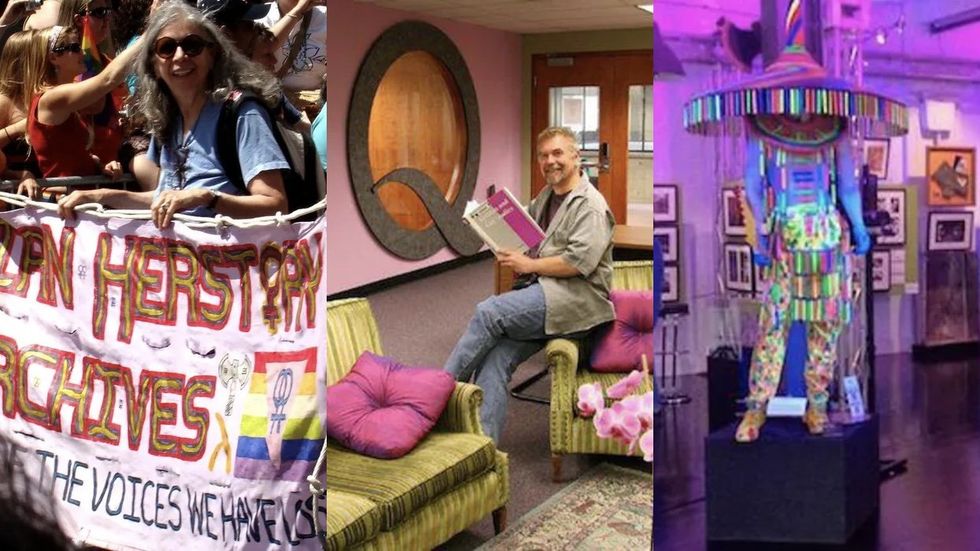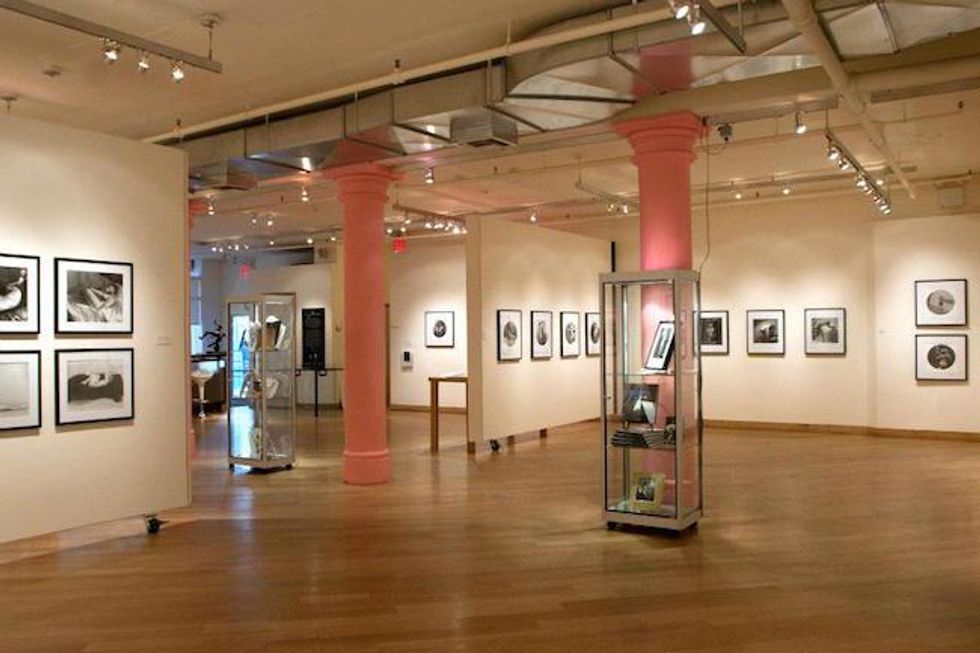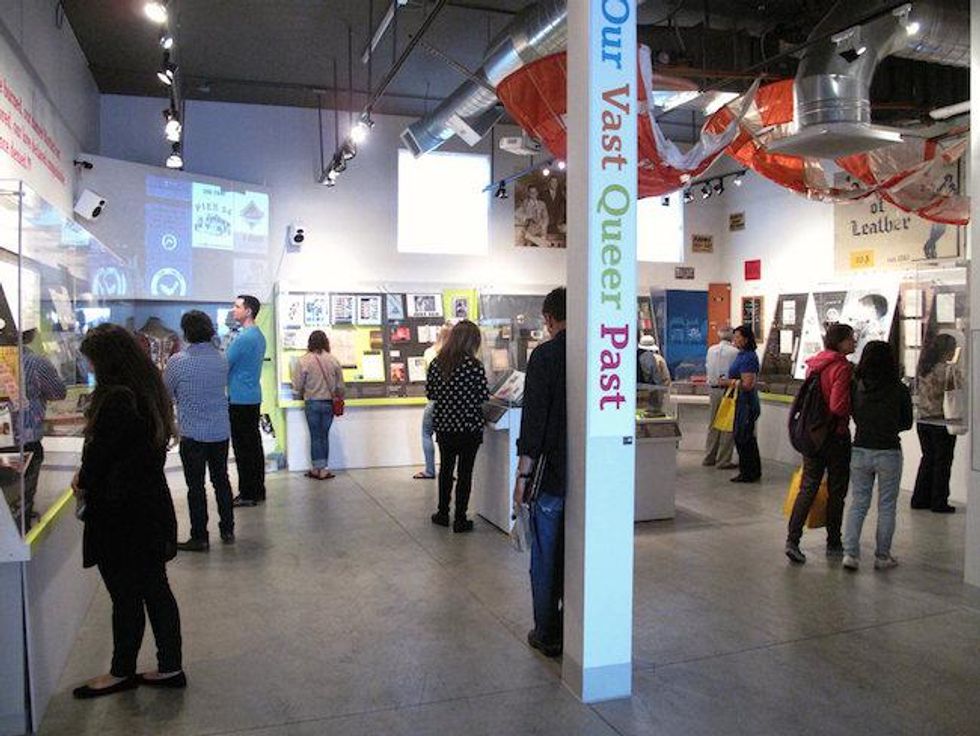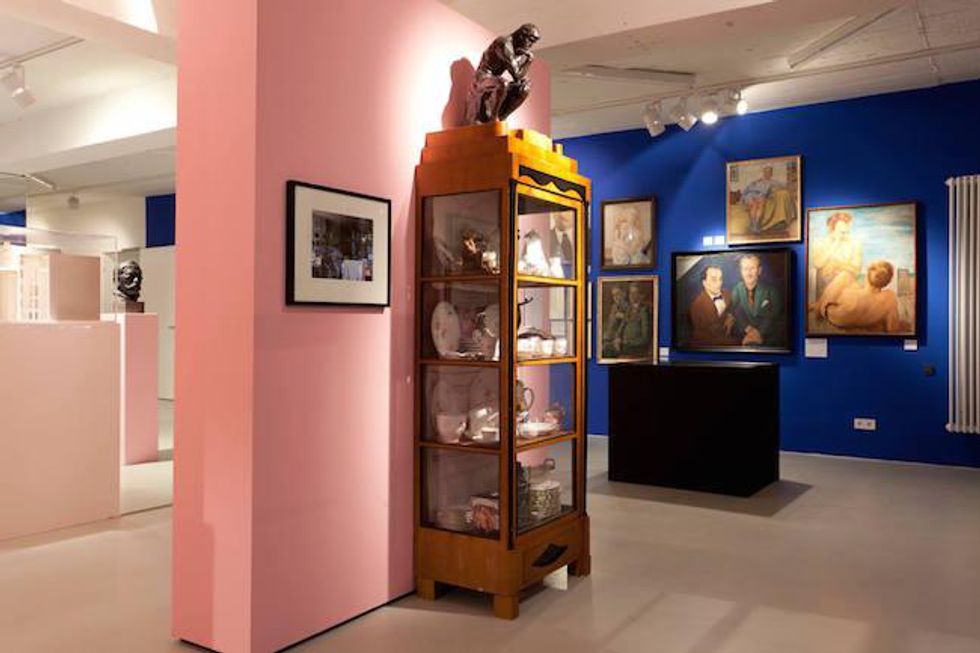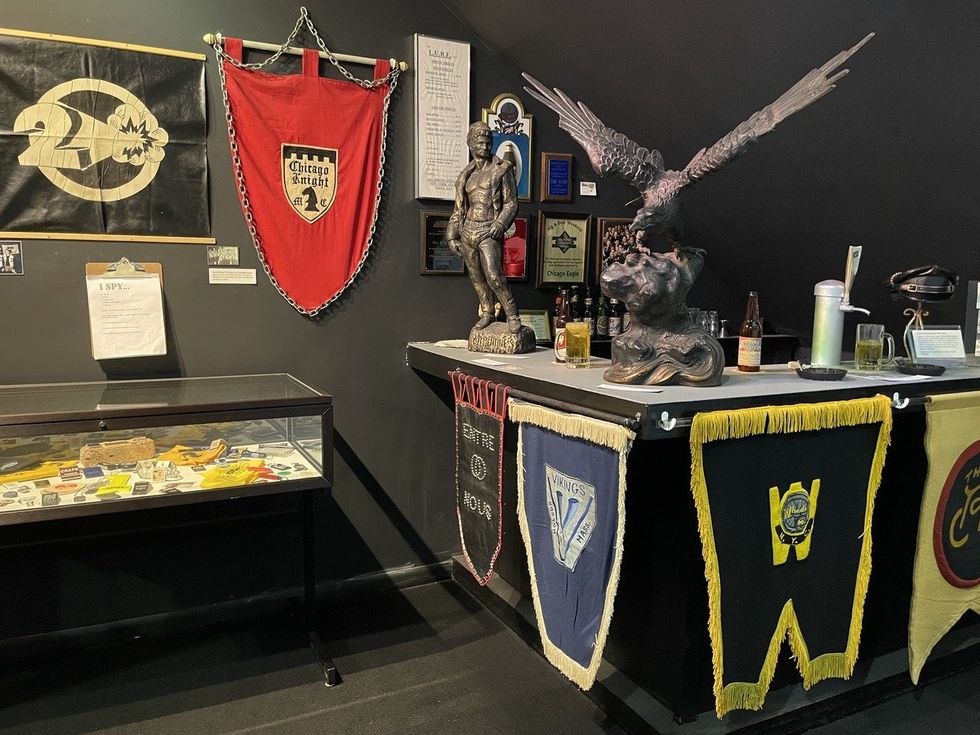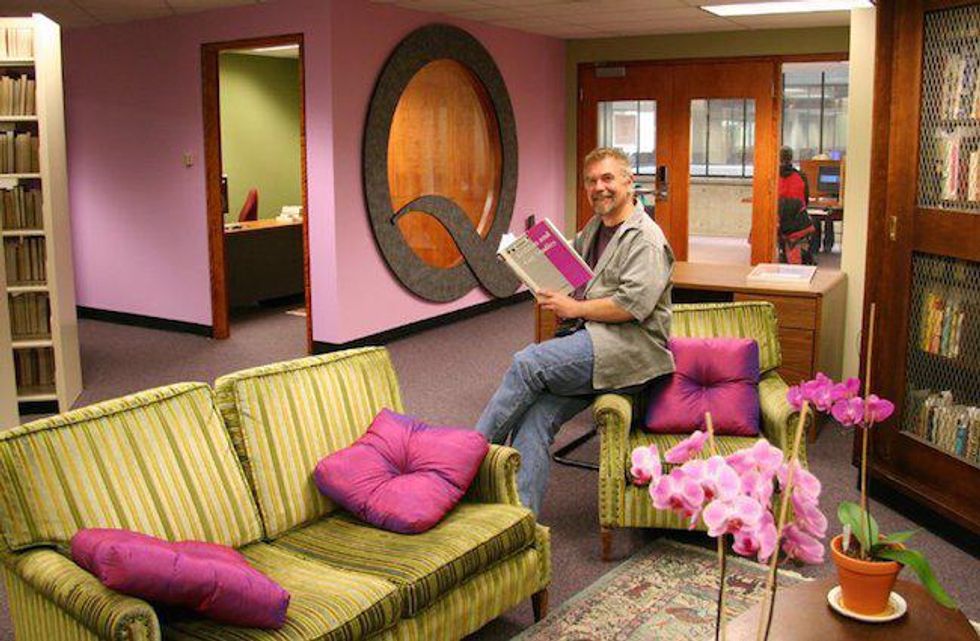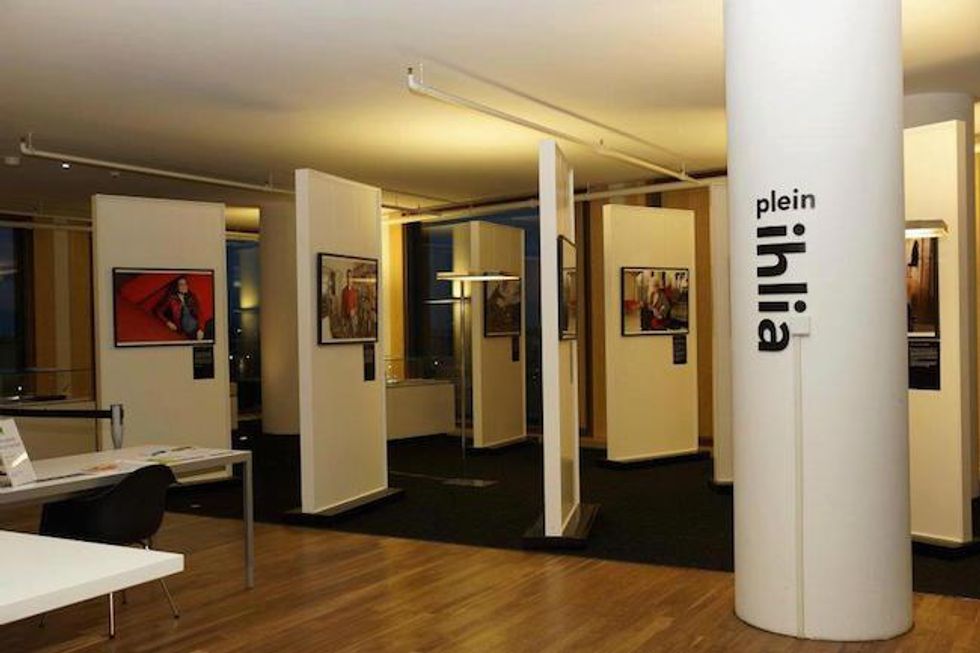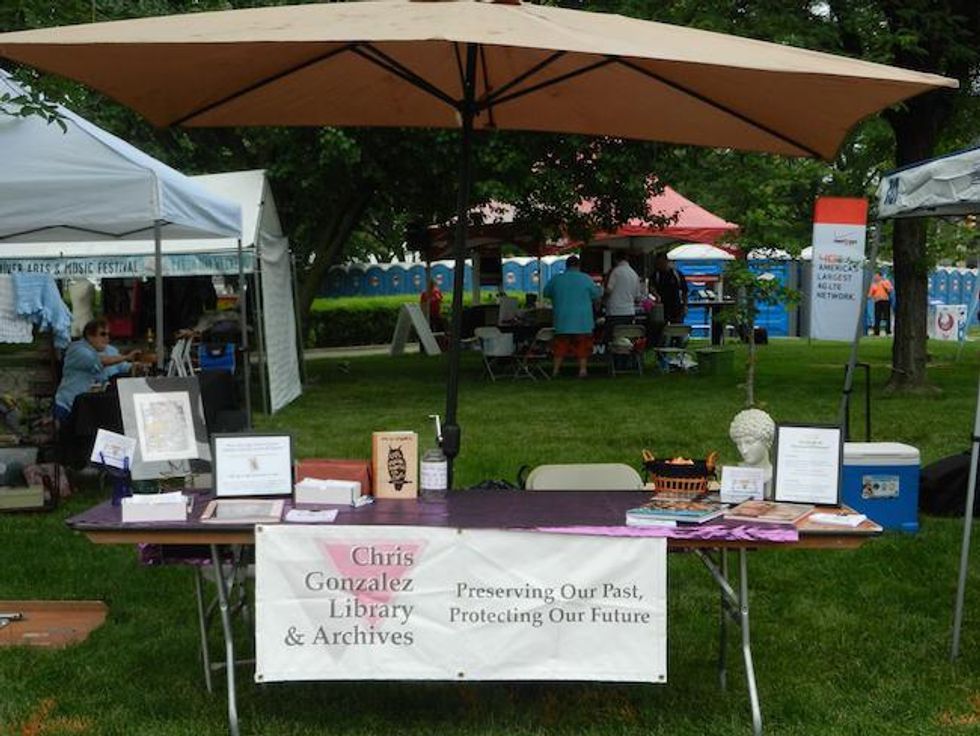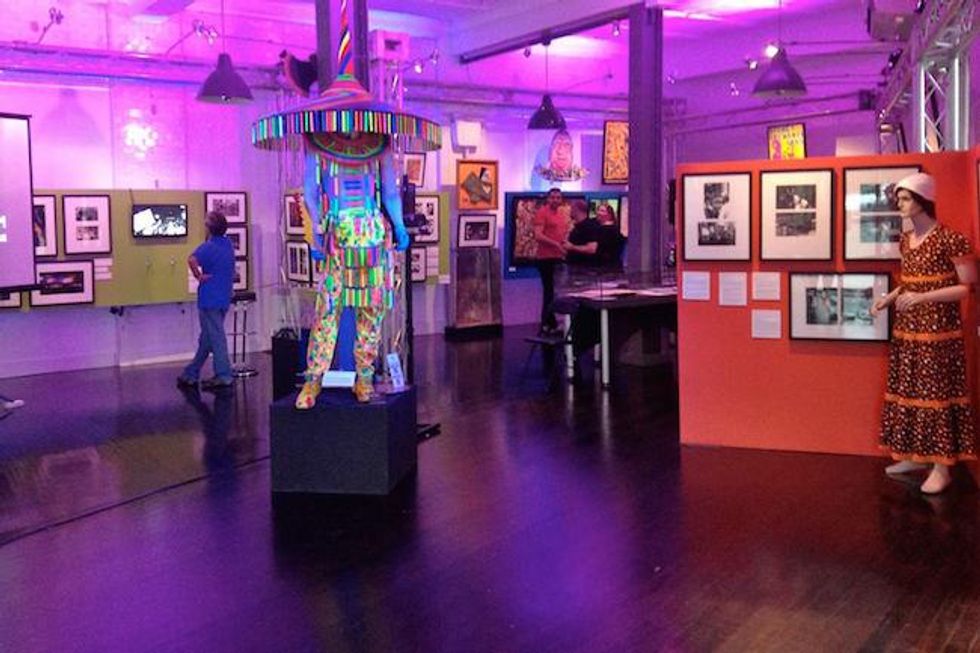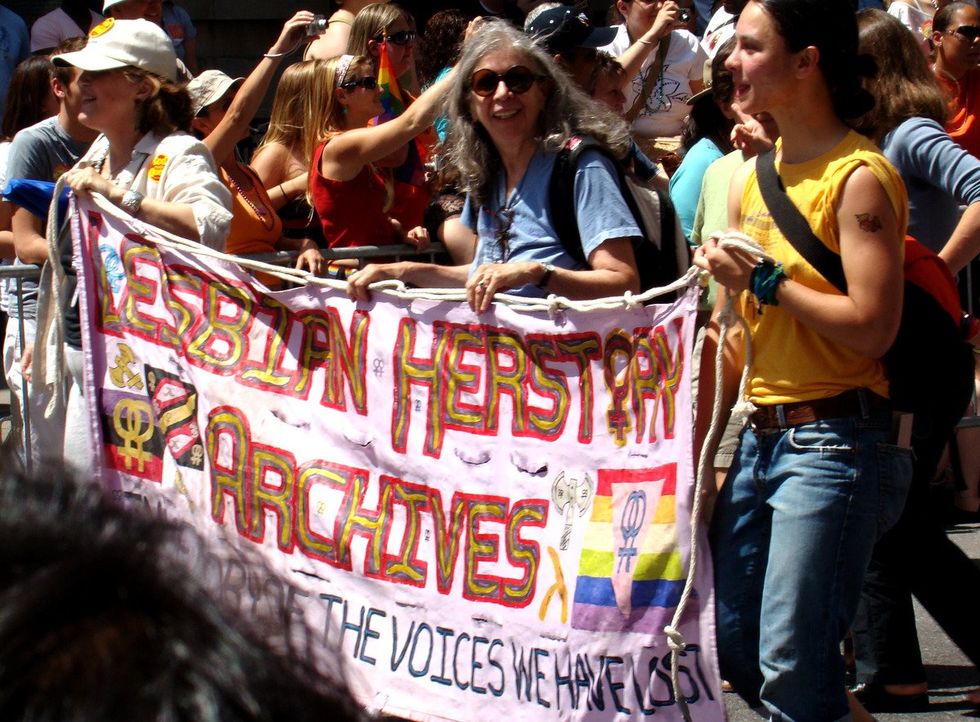After 20 years as a bisexual activist, Nicole Kristal established herself as a go-to in all things bi.
It began during her work co-writing The Bisexual's Guide to the Universe, a resource penned by Kristal and writing partner Michael Szymanski, and has continued most recently with the creation of popular memes poking fun at bi representation, and the foundation of the successful #StillBisexual Twitter campaign.
We had the opportunity to speak with Kristal about how far the bisexual community has come, and how far we still have to go.
PRIDE: Let's start with your book, The Bisexual's Guide to the Universe. How did that come to be, and what was the writing process like?
Kristal: I've been a bisexual activist since college. At the time, I felt like I was the only bisexual in the world. When I had the chance to see Lani Ka'ahumanu speak about her book, Bi Any Other Name, it really helped me realize this is a thing and there are other bisexuals in the world. It inspired me to write a piece for my college magazine.
Later, when I moved to LA, I met a fellow bisexual named Michael Szymanski who recruited me to write for him at Zap2It. So when he had the idea for the book and pitched it to Alyson Books and they told him they wanted him to write it with a girl, he asked me to write it with him. That's how it came about.
Writing it was hard. We tried to divide it so that he wrote the bi guy stuff and I wrote the bi girl stuff and anything that fell in between just went to whoever we felt was the best fit. It was also during a time when Alyson Books was in crisis. We kept losing editors and spent three years sending excerpts into the void. Finally, the woman put in charge, Shannon Berning, turned out to be a bisexual and she got it published.
Tell us more about the memes you're creating about bisexual representation on TV. Where did that idea come from?
I realized that even the positive representations of bi characters never use the word "bisexual." It's just like this nebulous thing that's seen as a kind of mysterious character affect. They never label themselves; they just kind of act bisexually and stay closeted, which is horrible for visibility and for representations because it creates a world where you don't experience biphobia.
There's always going to be a reason to not use the word, whether it's because of the time period or the show taking place in a different universe. No matter what, they always find a reason to not say they're bisexual. That's the real problem.
For the sake of visibility, we need to label bisexuals on television. Labels matter because they create visibility and a sense of belonging. That's what led to the memes.
What is your #StillBisexual campaign about?
It was just the idea that if people could understand that bisexuals stay bisexual, they would start to understand that it's a valid orientation, just like being gay or being straight, and it's its own orientation. It's not halfway between anything, and it's lifelong.
What has the response been so far?
Response has been wonderful. It continues to grow on Twitter; we continue to make videos and a few people have even sent in their own videos. More people are starting to use the phrase, and I've started seeing the hashtag more. It's been great. I'm hoping that it will continue to grow even bigger and raise more awareness.
We also have some strong allies in the gay community; both The Trevor Project and the HRC are following us now. The next step is connecting with the straight community so they can kind of start to understand what bisexuality is.
What do you think is the biggest challenge facing the bisexual community?
Stigma. People don't even want to date us. And feeling like an outsider without a community has led to a lot of mental health problems. Bisexuals now have a higher suicide rate than gay men and lesbians. A lot of that comes from not having a community and repeatedly being told that you don't exist and that you're crazy.
We just have to debunk that stigma.
Biggest pet peeve about being bi?
Just being told that I don't exist.
Yeah, isn't that fun?
Yeah. It's just the stigma, again. That stuff drives me crazy. The idea of people not wanting to date bisexuals is just nuts. It's sickening to say that you wouldn't date an entire group of people.
What can we say to bisexual naysayers? The people claiming we don't exist.
I think if you can just call people out on it. We need to stand up when people say biphobic things. We're too quiet. It's like, we're so grateful whenever we are accepted into a queer space, that we don't want to speak up or challenge people.
So, on a more positive note, what's your favorite thing about being bi?
(laughs) I just feel like if I weren't bi, it'd be a world in black and white. I can't imagine not being attracted to more than one gender. I just feel like, after being bi, not being bi would just be so boring.
Also, the people I know in the bi community — they're just so wonderful. It feels like home when I'm around them. Once I connected to that, it was like having a family that just gets it.
Where do you think we are as far as bisexuality representation on TV goes? How far have we come and how far do we still need to go?
I feel like we have a really long way to go. I do feel like we're getting better, though. For example, Rosie O'Donnell brought up the recent statistics about mental health in the bisexual community on The View earlier this year. She was the only one on the show who talked about it, and it'll probably never be mentioned again, but I still thought it was really huge.
I think we need more people to speak out and more people to come out. But it's a catch-22. We need more people to come out so we can lose the stigma and be taken seriously, but people won't come out because of stigma. We're stuck going in circles.
Can you think of a solid, positive, perfect representation of a bisexual on TV?
I don't have a favorite right now. There have been good ones, and there are good ones, but they're just not 'out' enough. I just think of the bisexual teenagers watching this stuff and how they're not going to see the reality of what they're going to face. Good representation is everything, and we're just not there yet.
\u201cI wanna live in a world where I say I'm bisexual and people just know what that fucking means.\u201d— Still Bisexual (@Still Bisexual) 1448787973




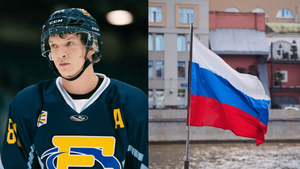


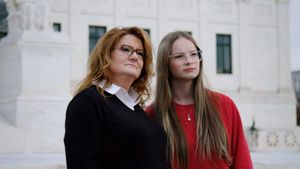

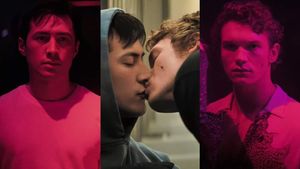
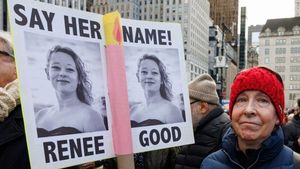
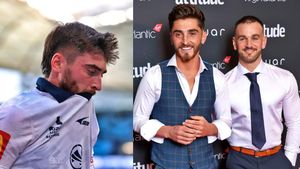

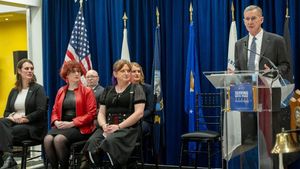
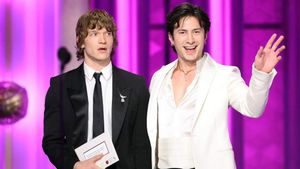
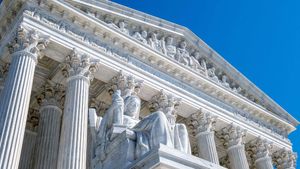
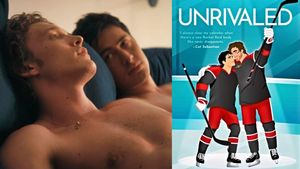
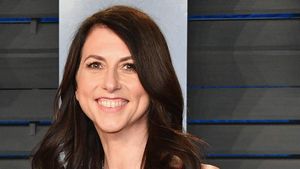






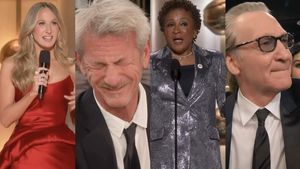

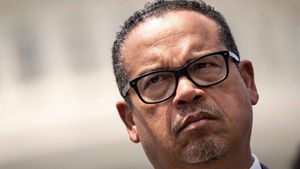


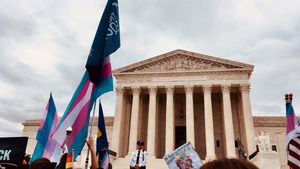







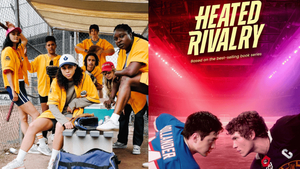


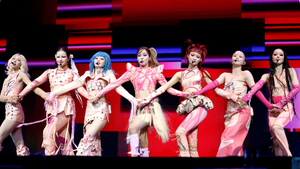


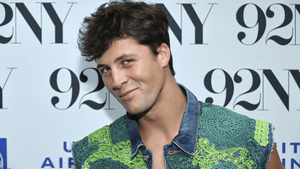
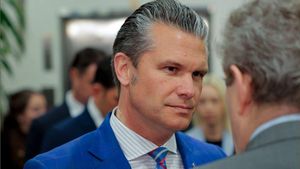

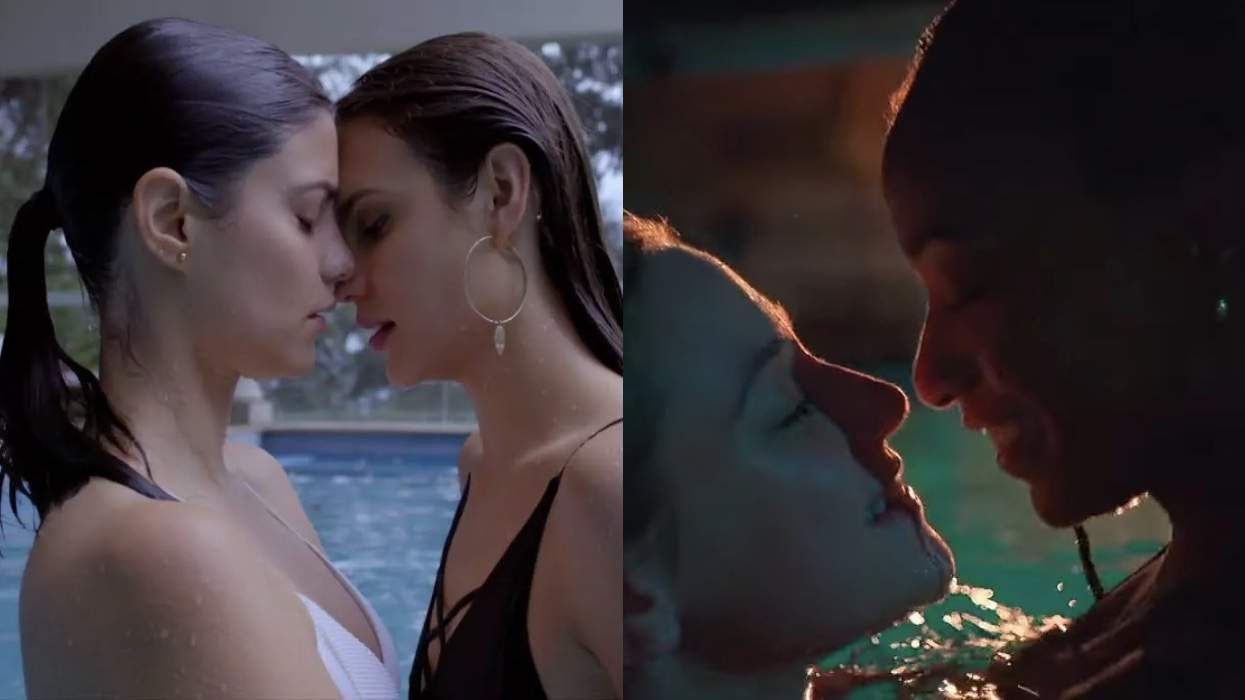
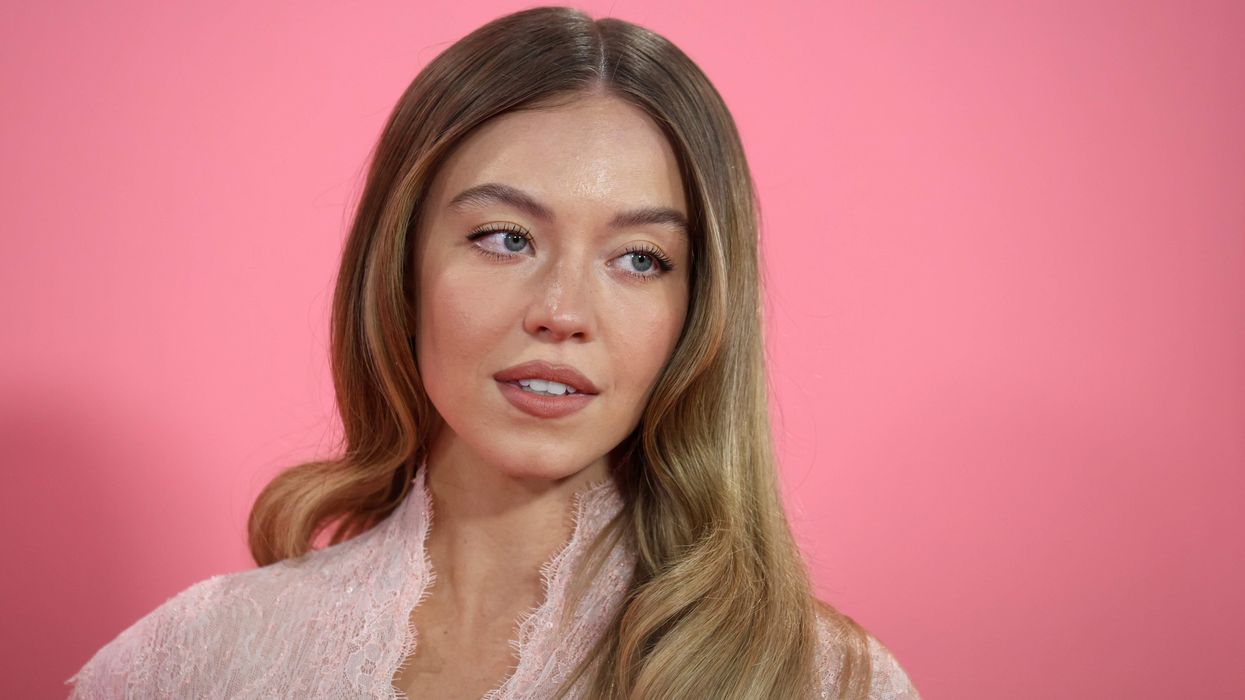
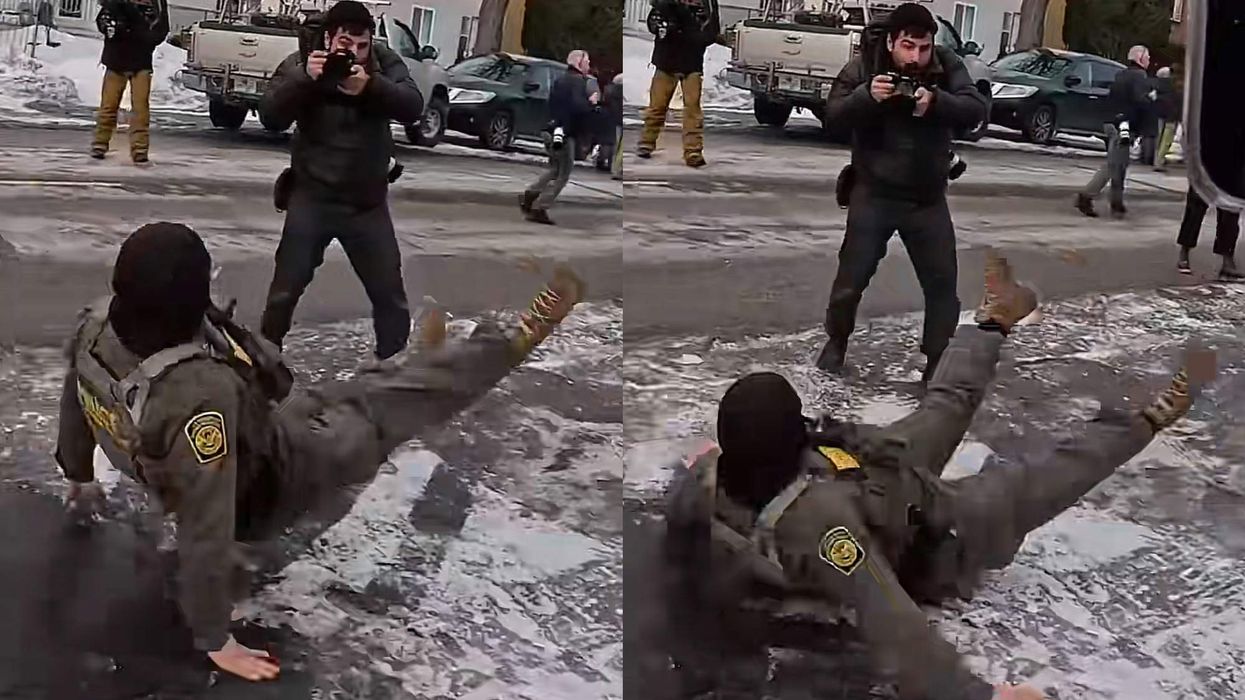
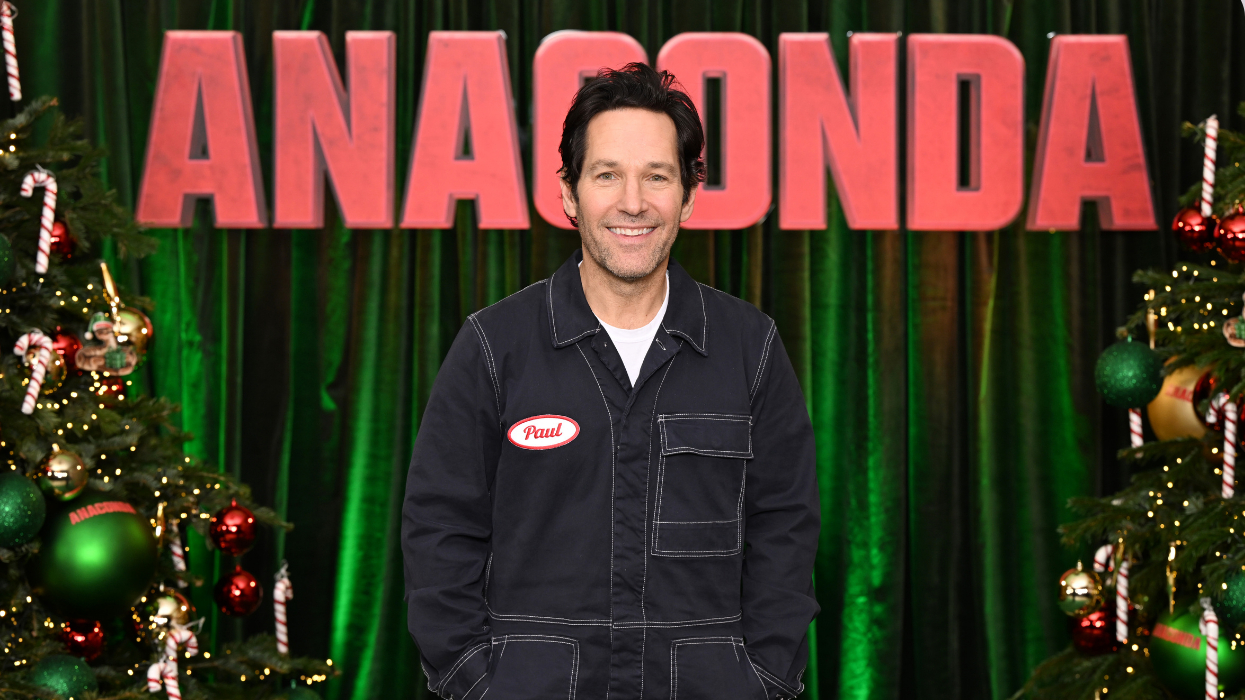

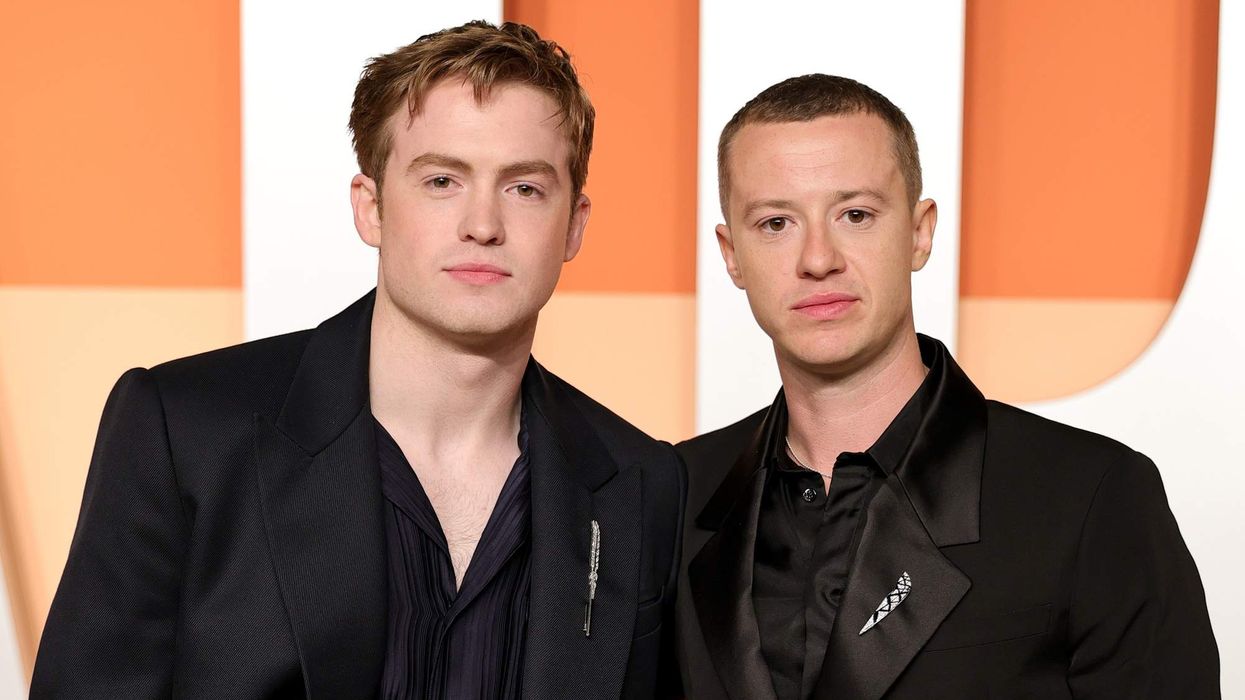
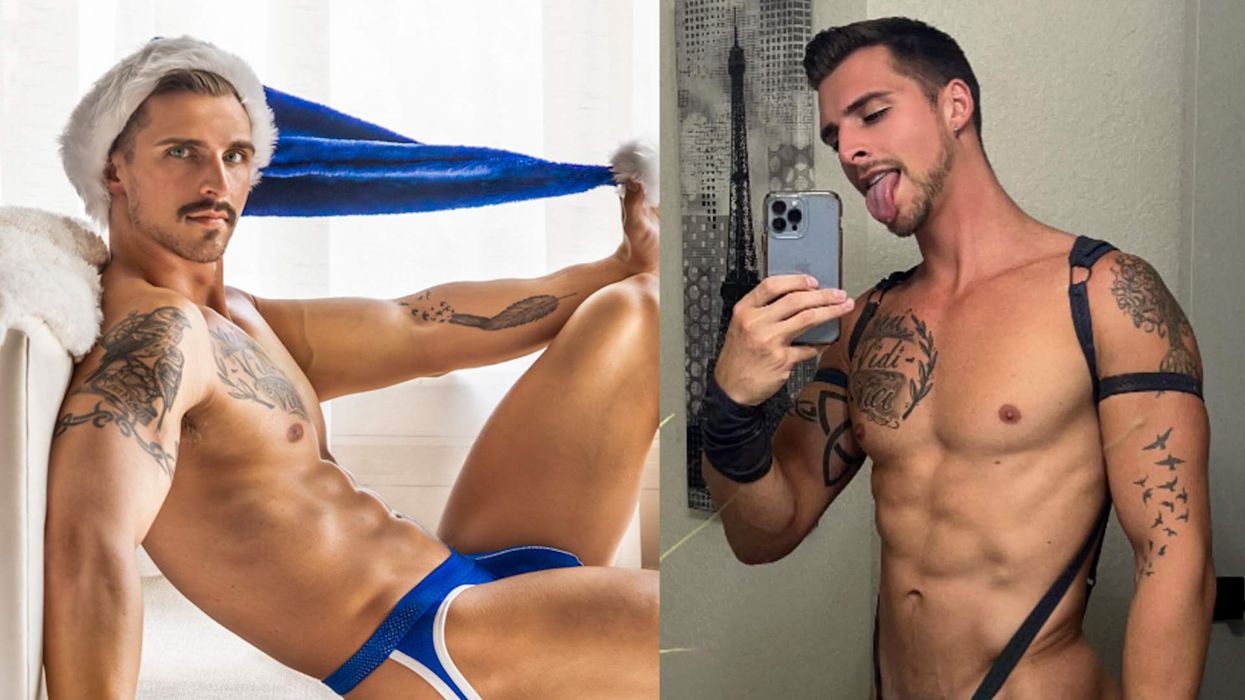

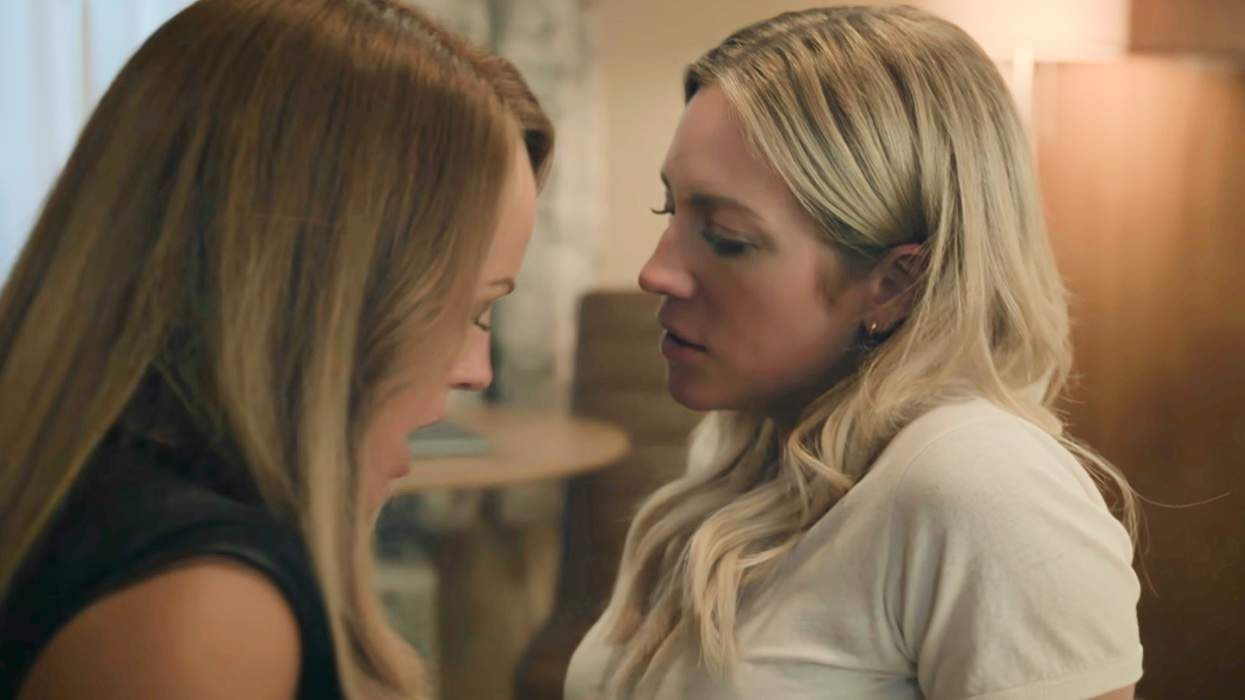
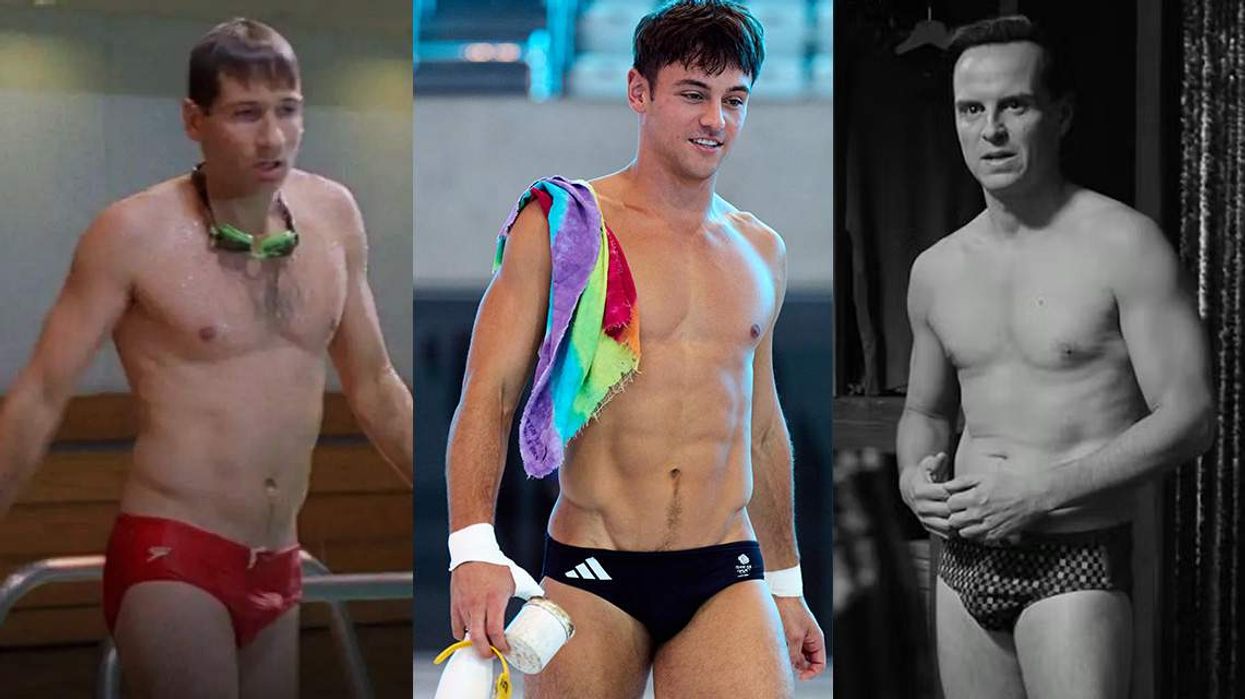
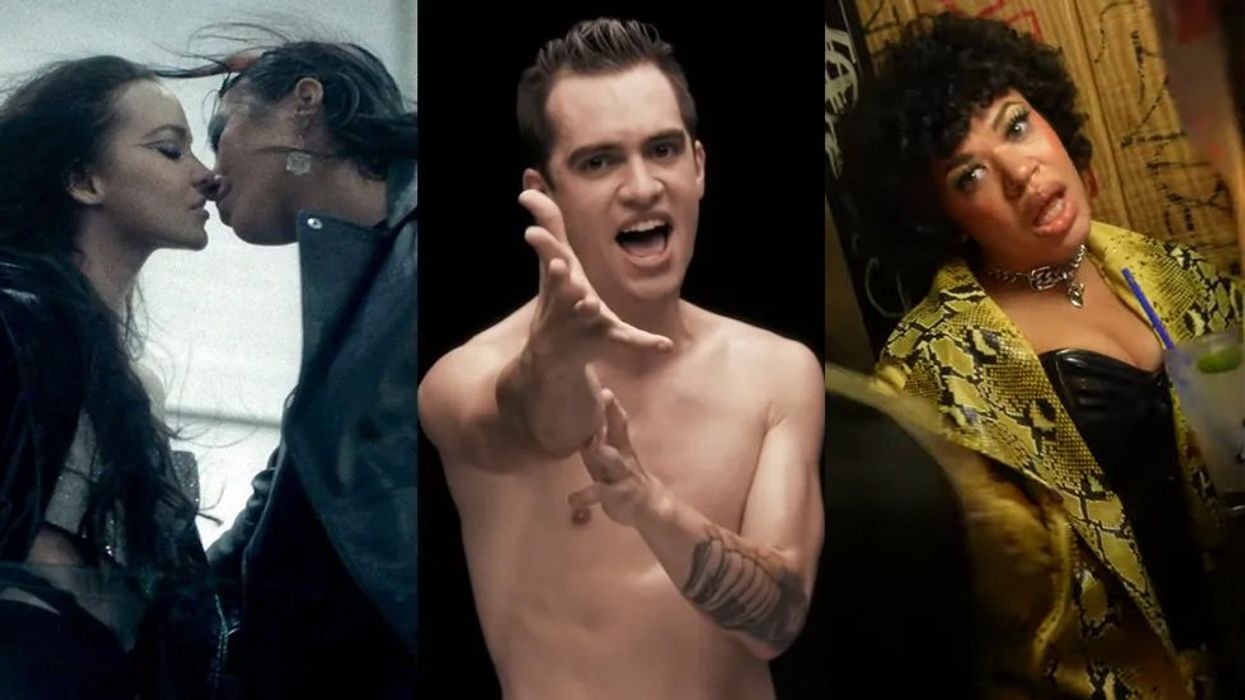
 35 bisexual pop anthems we have on constant repeatYouTube.com/Binoy
35 bisexual pop anthems we have on constant repeatYouTube.com/Binoy
